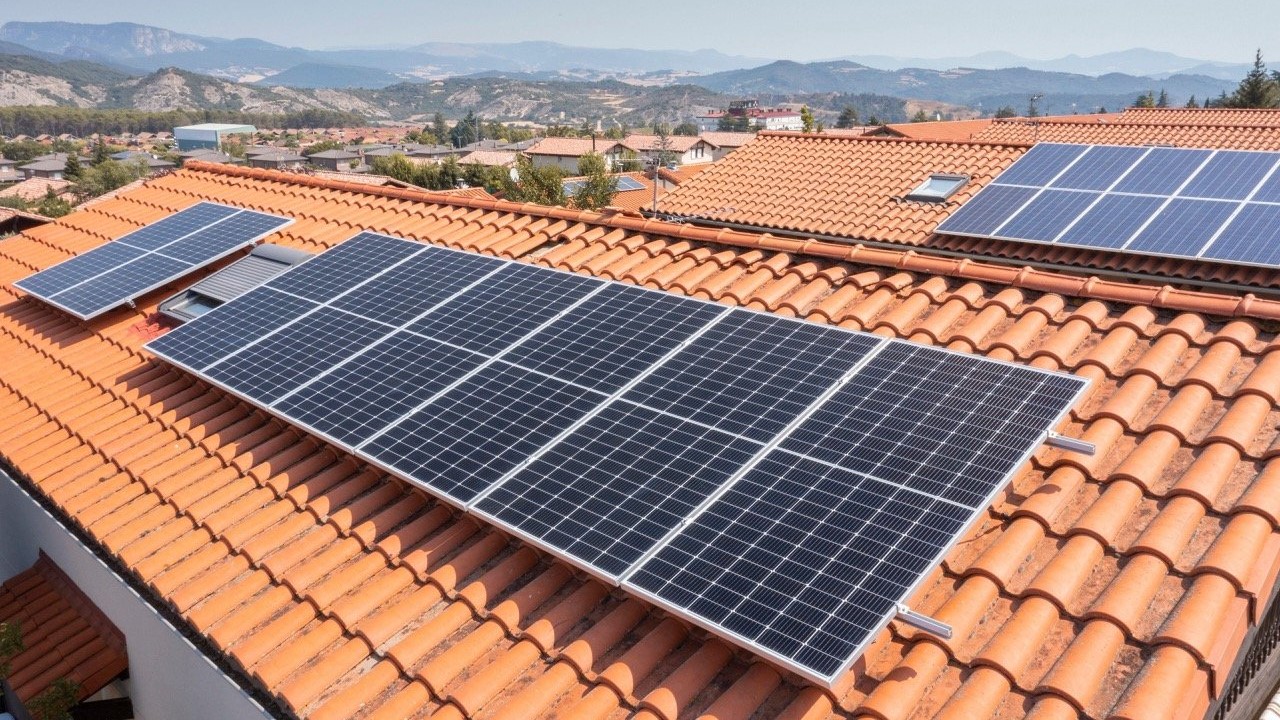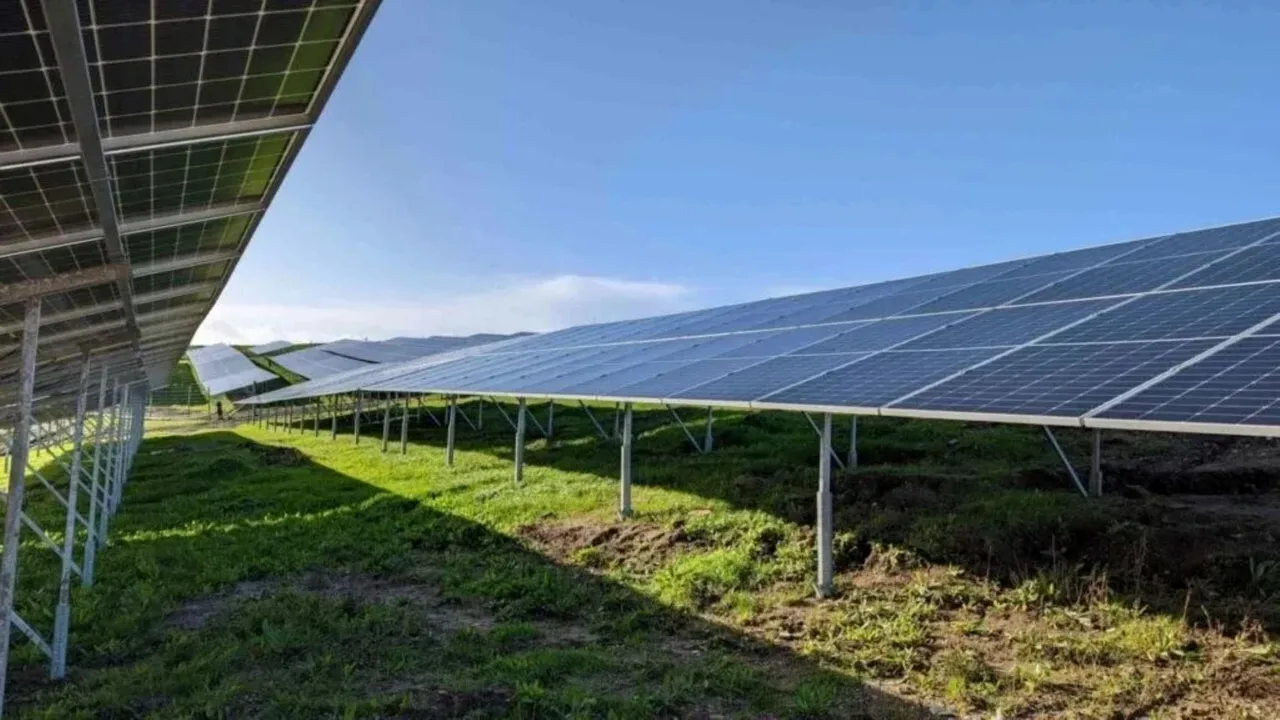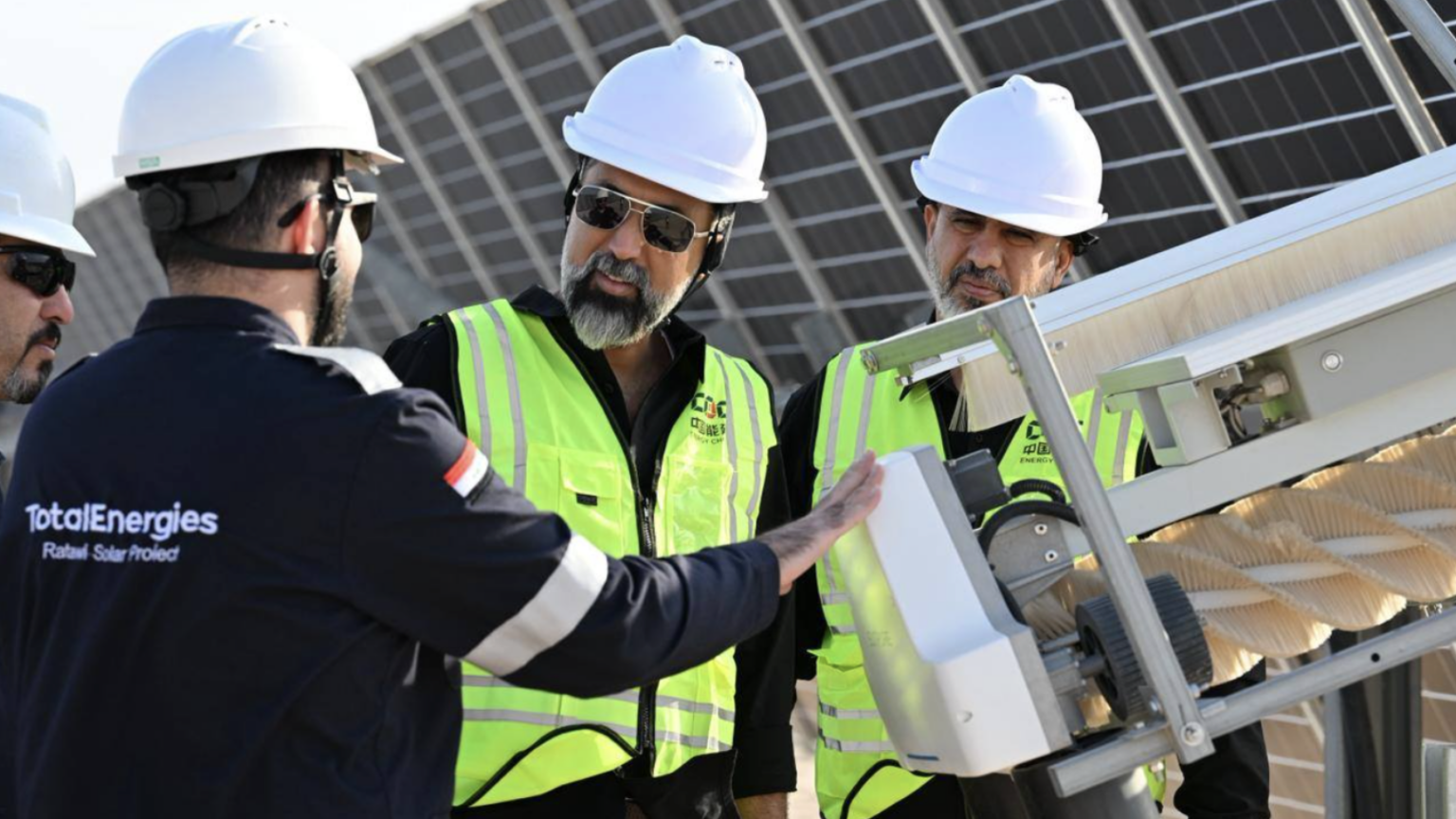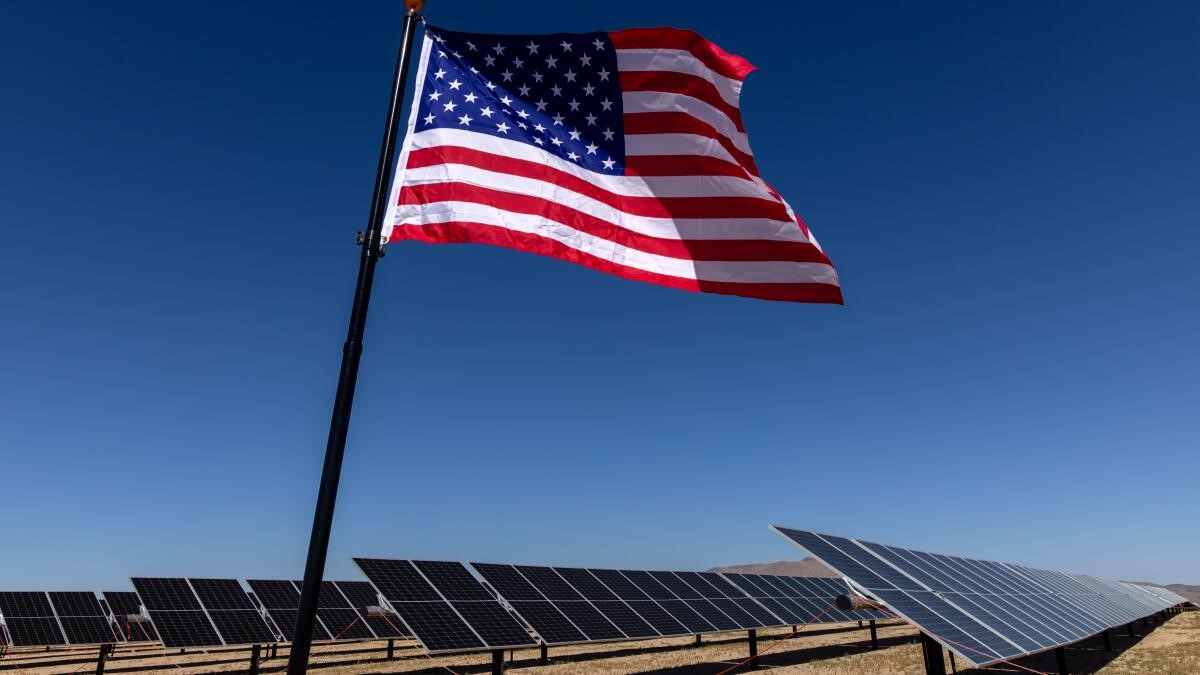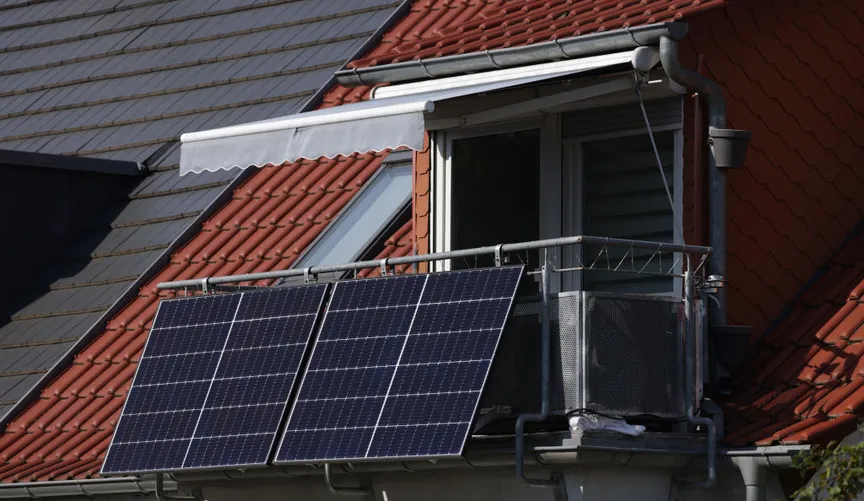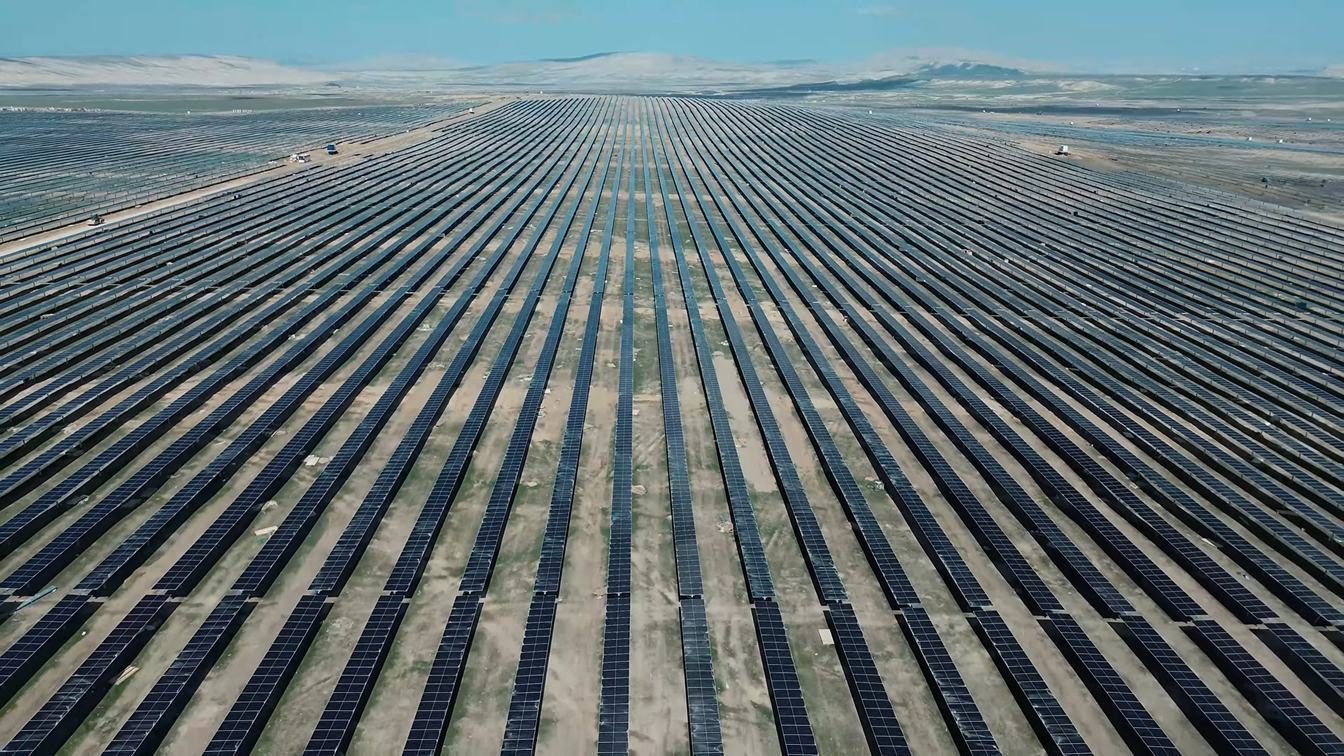Spanish PV association UNEF has released preliminary data on rooftop PV installations in the second quarter of 2025.
Installations fell 9% compared with the quarterly average for 2024, a smaller decline than the 17% drop in the first quarter, though rates remain below previous years.
Self-consumption systems in homes also fell 9% versus the 2024 quarterly average but rose 11% from the previous quarter.
UNEF attributed the increase to heightened consumer interest following the blackout, driven by energy independence, solutions with storage and inverters supporting “island mode,” and cost savings for households investing in electrification, including electric cars and heat pumps.
Commercial and industrial adoption grew 4% from the same quarter in 2024, restoring the average quarterly installation rate in this segment, while also reducing reliance on future ETS 2 emission allowances, which take effect in 2027.
By contrast, commercial rooftop installations declined 22% compared with the average quarter of 2024, highlighting the need for regulatory updates to support growth.
Javier Revuelta of AFRY Management Consulting said self-consumption is likely to stay robust despite declining solar prices and described the coming period as favorable, with growth supported by the approaching increase in electric vehicle and heat pump adoption.
However, despite signs of new capacity in the second quarter, José Donoso, UNEF’s general director, said the sector continues to face slow deployment due to administrative barriers and a lack of incentives, which limit consumer benefits, slow national decarbonization, and reduce installation volumes necessary for industry survival.
UNEF said it is urgent to resolve administrative obstacles and implement incentives to advance self-consumption and meet the National Energy and Climate Plan target of 19,000 MW by 2030, noting that only 8,200 MW had been installed by the end of 2024.
The association identified key measures from the unpassed “anti-blackout” Royal Decree-Law as most urgent, including creating a self-consumption manager, allowing multiple self-consumption schemes, and extending the distance for self-consumption to 5 km.
UNEF also requested that the Royal Decree on self-consumption, under review by MITECO, adopt long-standing proposals such as simplified processing for facilities up to 500 kW, updating the permit exemption for facilities injecting less than 15 kW into the grid, and enabling sharing of surplus energy, not just collective generation.


